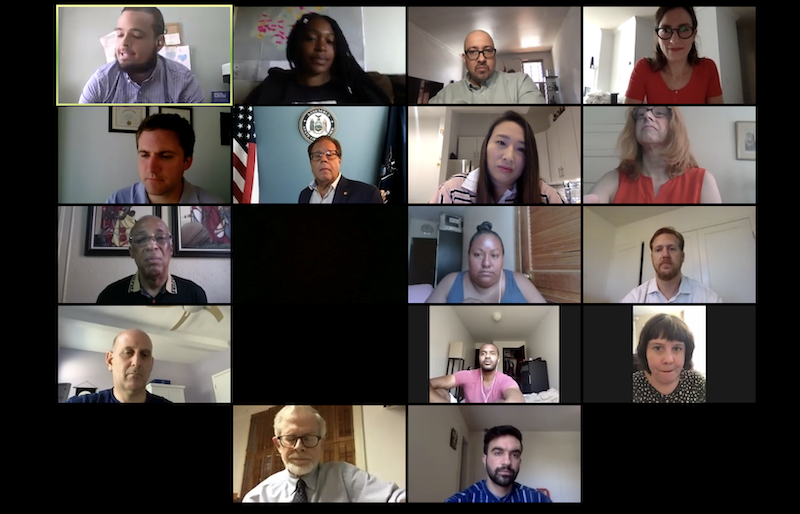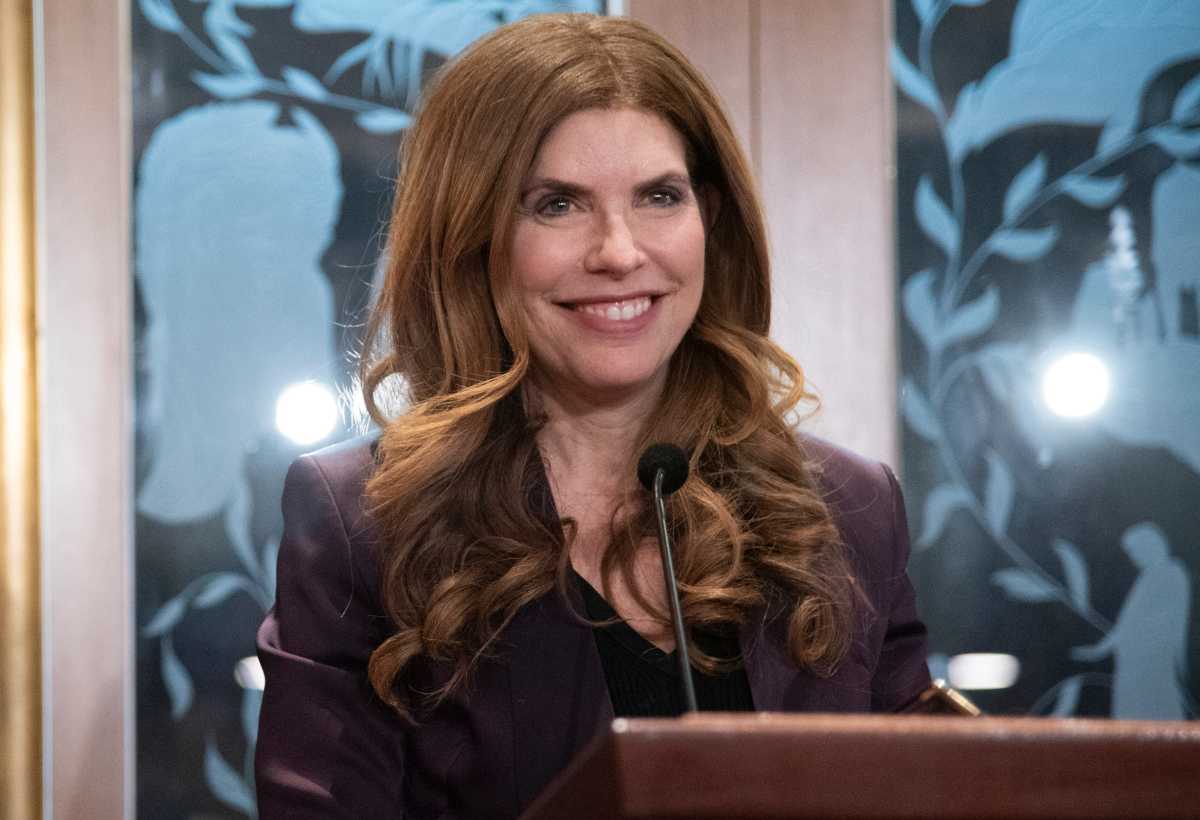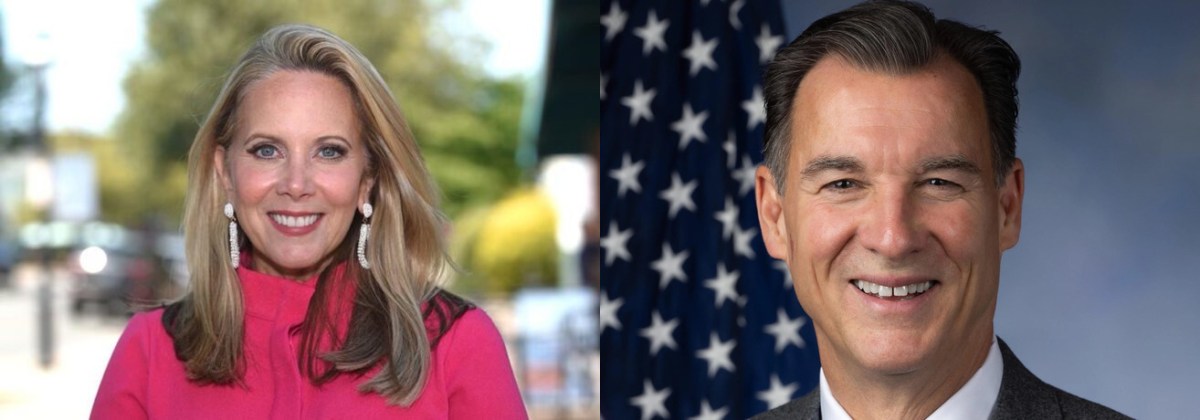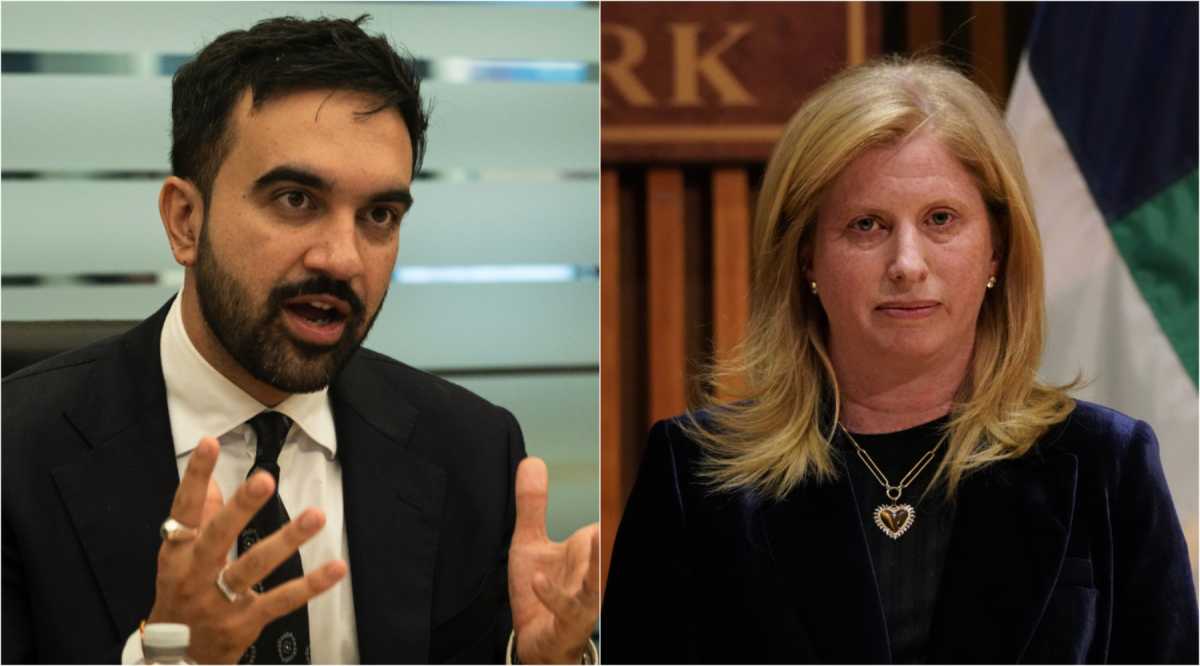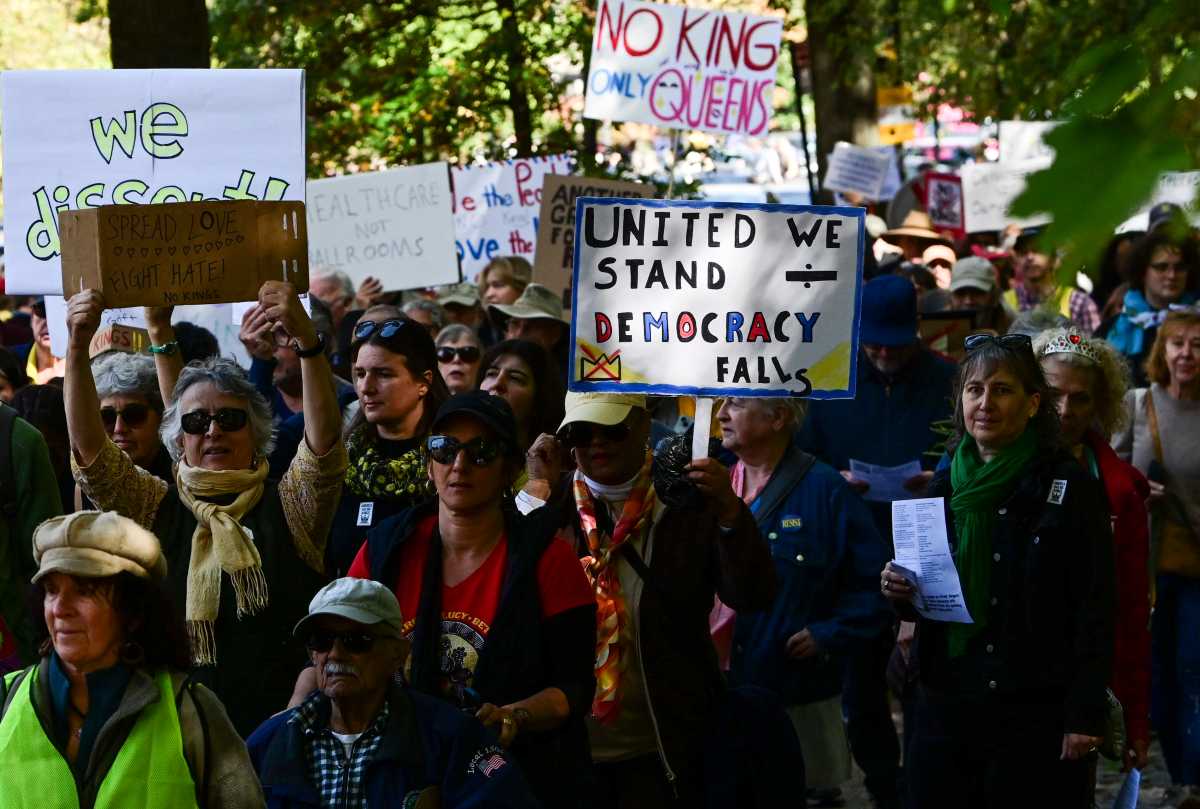A group of New York lawmakers and Democratic primary winners called on the state’s leading politicians to reconvene the legislature for a vote on a bill that would give them more control over the states’ budget process during a virtual press conference on Monday.
The state senators, assembly members and hopeful lawmakers urged State Senate Majority Leader Andrea Stewart-Cousins and Assembly Speaker Carl Heastie to call the State Assembly and Senate back into session to vote on the Budget Equity Act (S8198A/ A9100) before the August 3 deadline.
The bill would amend the state’s constitution to give the legislature more power in the budget process and enable them to add, delete and modify legislation included in the budget.
“The Budget Equity Act will put the Legislature on equal-footing with the Executive, and give New Yorkers the necessary bargaining power to see their funding priorities come to fruition,” said State Senator Alessandra Biaggi (D-Bronx/Westchester), the bill’s lead sponsor in the Senate.
Currently, only the governor can make changes to permanent laws through the budget and the legislature cannot change or delete them.
“That’s called checks and balances. Our country was founded on that,” said Assemblymember Richard N. Gottfried (D-Manhattan), the bills’s lead sponsor in the Assembly, about the proposed changes.
The bill must pass in both the Assembly and the Senate before August 3 to have any hope of making it on the ballot in November 2021 because proposed constitutional amendments must pass twice in both houses in two consecutive sessions before being put before voters.
Neither Stewart-Cousins nor Heastie’s office responded to a request for comment nor did they say whether or not calling the legislature back into session was on the table. Governor Andrew Cuomo’s office did not respond in time to a request for comment for this story.
According to a memo published earlier this month by the nonpartisan nonprofit research and education organization the Fiscal Policy Institute in support of the legislation, the current process “puts the legislature in a ‘“take it or leave it” position.”
“We need to ensure a proper balance of power between the executive and legislative branches of government in New York. The scales are currently tipped in the governor’s favor,” they wrote.
Assemblymember Yuh-Line Niou (D-Manhattan) said that the state has been subjected to unnecessary austerity measures for years.
“Our systems are not broken, they are built to hurt particular communities while benefiting others, and we clearly see that bias and inequity in our state budget process,” she said.
And the governor now also has more power than ever because of the coronavirus pandemic, she said, making balancing the powers between the legislature and the governor increasingly important.
“History has shown us that in difficult times, we give up our power so easily; it’s much harder to take it back. This is our chance to return power to the people who elect us,” she said.
Recent cuts to services because of the current fiscal crisis caused by the ongoing coronavirus pandemic and the decision to not bring in revenue by increasing taxes on the wealthy show how important it is for them to have a say in how the state spends and collects its money, said State Senator Gustavo Rivera (D-Bronx).
“This governor chose, during a pandemic, to cut Medicaid and to not make the ultra-wealthy pay their fair share. None of my colleagues would have done that, but we have no power to fight back,” Rivera said.
The current system does not allow them to advocate for their constituents and leaves them at the whims of Governor Andrew Cuomo and those who have his ear, the lawmakers said.
“Why should it have to be like that? Why should we basically have to beg for the right to fight for my community?” said Assemblymember Catalina Cruz (D-Queens).
It makes no sense that the legislature has less of a say than Gov. Cuomo, she said.
“Just like him, we were also chosen by the people,” she said.
The newly elected Democratic nominees who participated in the press conference, many of which ran on aggressive progressive agendas, echoed her sentiment.
“We ran on taxing the rich, we ran on investing in our schools, in healthcare, in transportation, protecting and serving our immigrant populations,” said Jessica González-Rojas, who won the Democratic nomination for Assembly District 34 in Queens.
Having the ability to advocate for those issues in the budget is important, she said.
“It is critical in order to really advance the vision that many of us have had as progressive candidates, as bold candidates, as candidates that come from activist backgrounds,” she said.
The new nominees all vowed to vote ‘yes’ on the legislation once they take office.
“The governor is legally allowed to steamroll over the legislature and push through his austerity agenda that has gutted the working class,” said Jabari Brisport, the Democratic nominee for the 25th State Senate District in Brooklyn.
“Well, the working class is coming to Albany and we are going to fight back,” he said.
“Drafting a budget is the most consequential process a legislature engages in each year,” said Emily Gallagher, Democratic nominee for Assembly District 50.”And here in New York, it’s the least democratic. If we’re going to build a just recovery to this terrible crisis, let alone become a truly progressive state, that needs to change now.”
Also co-sponsoring the measure were Assemblymembers Peter Abbate (D-Bensonhurst, Sunset Park, Dyker Heights) and Charles Barron (D-East New York).


